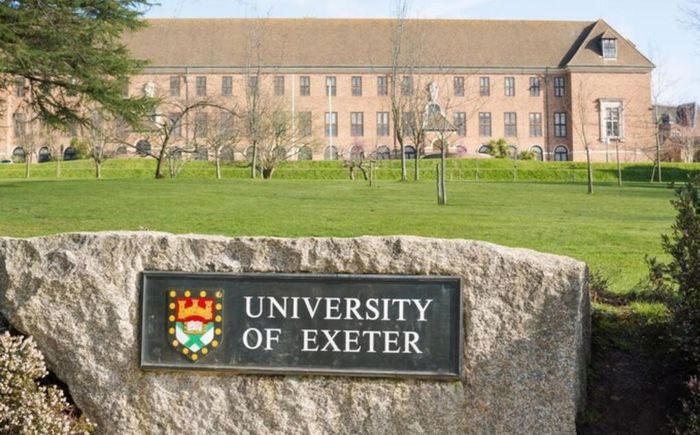A university in England has officially launched a program to explore the impact of magic and witchcraft on society, amidst growing interest in mystical folklore in the country.
Exeter University (Devon, South West England) aims to tap into the increasing fascination among young people with the occult through a course that examines the history and societal influence of witchcraft and magic worldwide, according to The Guardian.
The multidisciplinary degree will be based on subjects such as History, Literature, Philosophy, Archaeology, Sociology, Psychology, Theatre, and Religion, officially starting in September 2024. It will focus on the role of magic in both Western and Eastern contexts.

The one-year course at Exeter University will provide students with knowledge related to the occult and magical practices.
Professor Emily Selove, who is responsible for the course, stated: “The recent rise in interest in magic and the mystical—both within and outside academic circles—addresses some of the most pressing questions of our society. The processes of decolonization, exploring alternative epistemologies, feminism, and anti-racism are central to this program.”
The professor noted that this initiative reverses the trend of “neglecting the study of magic and the mystical” in recent decades, with the notion that it “is no longer relevant to the ‘modern person’.”
Citing rituals such as wearing lucky charms or athletes tapping wood or not shaving to avoid bad luck for their teams on competition days, Professor Selove remarked: “On closer observation, we see that magic is a part of everyday life. Responsible scholars will do well to take this issue seriously.”
This is supported by the growing popularity of various forms of folklore, magic, tarot, and crystals in the UK. The 2022 census revealed an increase in the number of individuals identifying as Pagan and Wiccans in the United Kingdom, while Shamanism is the fastest-growing religion.
Indeed, interest in witchcraft has surged, with related content attracting around 50 billion views on TikTok. Professor Selove indicated that the master’s program in magical and mystical studies will re-examine the “assumption that the West is the realm of rationality and science, while the rest of the world is the domain of magic and superstition.”
The curriculum aims to explore how this assumption affects Western culture, and how reconnecting with the natural world can provide new insights into issues such as climate change.
She also noted a “growing recognition” within academia that texts related to magic or the mystical have been “systematically overlooked by scholars” in the fields of Medieval and Early Modern History, Literature, and Religion, as well as the history of science and philosophy.
According to Professor Selove, there has been significant interest in the course since its official announcement, with the university receiving over 100 applications.
The one-year program will combine traditional Western academic methods with various alternative approaches, allowing students to complete their thesis through a performance piece or creative work.
Students will be equipped with skills including creative thinking, analytical reasoning, curiosity, and lifelong learning.
They will have the option to choose modules on dragons in Western literature and art, the legend of King Arthur, ancient texts, Islamic thought, archaeological theory and practice, depictions of women in the Middle Ages, studies of medieval and early modern Europe, issues of gender, society, and culture in early modern Europe, and philosophy of illusion.


















































